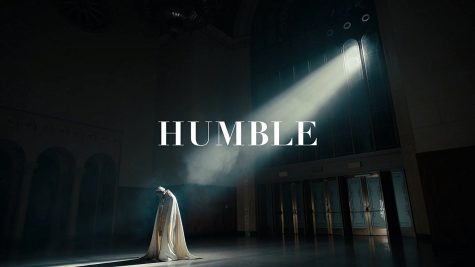WVAU Top Music of 2012: #6
December 25, 2012
#6 Album:
Cloud Nothings – Attack on Memory
As soon as the somber piano of “No Future/No Past” introduces Attack on Memory, it’s clear that Cloud Nothings are no longer the snotty power-poppers we’ve known. Setting out to create “an attack on memory of what people thought the band was,” Attack is the first album from Dylan Baldi to include live members in the writing and recording process. Despite distancing themselves from their pop-punk past, Baldi & co. still create hooks for days amidst the dark and dense atmosphere of the record.
Enlisting Steve Albini (Big Black, Shellac) for production, the album showcases a barebone and raw attitude that doesn’t hide behind the guise of a lo-fi recording. Baldi’s vocals spit venom throughout slow burners like “Wasted Days” and “No Sentiment”, while even tracks that are most akin to Cloud Nothings past work (“Fall In”, “Stay Useless”) carry a newly found tenacity.
That’s what makes Attack on Memory so much more than “Cloud Nothings get angry” or “Cloud Nothings start listening to Fugazi”; Baldi’s dissatisfied and resentful character. With screams of “no nostalgia, no sentiment”, he isn’t just forgetting what his band used to be; he’s abandoning it. Clocking in at just over 33 minutes, Attack on Memory is a purging of Baldi’s dissatisfaction, depression, and disenchantment. So when he’s shredding his vocals yelling “I THOUGHT I WOULD BE MORE THAN THIS”, you wish you could forget your past self too.
By Mike Creedon
#6 Song: Beach House – “Myth”
“Myth” is the perfect realization of the power of Bloom’s overall approach- a distillation of the intensity that the climaxes of Teen Dream only hinted at. It transforms from a tiny shaker and bell to a gigantic cavern of guitar sound, then builds and builds with layers of bass and synth and Victoria Legrand’s infinitely wise, cosmic vocals until its sound is absolutely overwhelming. Three verses and one ringing chorus later, Legrand’s final utterance of the heartrending hook is held out in a long, perfect note. Her voice soars over the music as it crests underneath her like a giant wave. The effect is like a climactic cadence at the end of an exhausting symphony.
My fourth listen through Bloom, I was driving through the hills in May, on a gorgeous, hot day and in a daze. When “Myth” reached this perfect moment, I was moved shockingly, so much so that I needed to pull off the road and call somebody. That’s when I fell in love with this song.
Since then I have grown months older. I have been (somewhat) hurt, and I have hurt (somewhat). Such is life, I guess. But no matter how much time stunts the child I once was, I will hear the end of “Myth” and always be torn from sorrow and ennui, and I will forget all existential growing pains in that blissful minute. I will feel as I did that summer day in my car. I will know again the feeling of giving myself completely over to something and be lost, for a brief moment, in the infinity of music, the incredible rush that this gorgeous song will always achieve in me. “Myth” has that power. What more could anyone ask from a song?
By Jesse Paller















